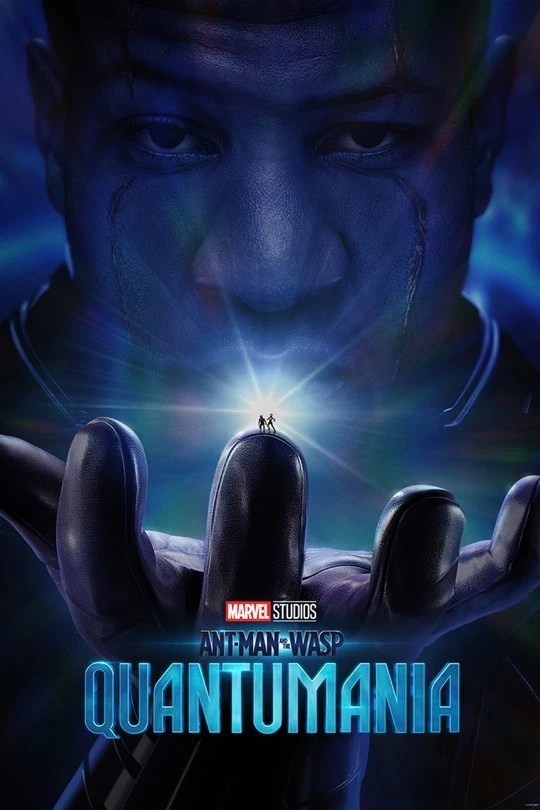
Ant-Man and The Wasp: Quantumania feels exactly like that, an empty prelude comic that includes all of the above. Not even Jonathan Majors’ impressive take on Kang the Conqueror can save it from being a bland and by-the-numbers action-adventure flick.
This latest installment of Scott Lang (Paul Rudd) and Hope Pym’s (Evangeline Lilly) saga is supposed to be the start of Marvel Studios’ fifth phase of superhero movies. The new villain is Kang the Conqueror, who was first seen in the 2021 Loki series. This is the new Thanos, the new multi-movie threat that will eventually lead to the next Avengers. Recent criticism of the studio’s fourth phase and its lack of any real direction will find Quantumania a more decidedly focused story that steers the ship back into a more cohesive storyline.
The film centers on Ant-Man’s family as they make an accidental trip into the Quantum realm, a place that exists outside of space and time. Janet Van Dyne (Michelle Pfieffer) has a long and mysterious history with it being that she was stranded there for a few decades. This is where Kang comes in. Janet’s story intersects with Kang’s and might even explain how he eventually became such a threat in the realm itself.
While this is a big part of the story and Kang has a fair amount of screentime dedicated to his mission, this is actually supposed to the story of Scott’s relationship with his daughter Cassie (played by Kathryn Newton). Unfortunately, this is the film’s weakest part, largely because it’s so underdeveloped.
Cassie wants to be a bigger help to the people around her, wanting to become a hero herself. Her father is against it because he wants her to have a normal life. That’s about the extent of it. There’s never any rising tension as to what was originally hinted at in their disagreement. The whole matter is cast aside once the action starts in the Quantum realm, quickly forgotten once the droves upon droves of extradimensional beings start popping up all over the screen.
The same can be said of the other character arcs. They just don’t have enough meat on them to be of consequence to the overarching narrative. Hank Pym (Michael Douglas), for instance, is relegated to comic relief duties for the most part, while Janet Van Dyne is only there to pave the way for Kang. It all makes for a very hollow sense of story that works against the movie becoming the foundation upon which Marvel’s newest phase will rest.
Jeff Loveness’ script has to share a lot of the blame here. Dialogue is stunted and simplistic and the humor is so forced that it ends up being a distraction more than a natural component of each character, something the previous Ant-Man films excelled at (flawed though they may be). The performances suffer because of this, too. The cast is not given compelling enough material to help them weather all the setup this movie is responsible for. That is, everyone except Kang.
If there’s one redeeming quality in Quantumania, it’s Jonathan Majors’ Kang. He is a force to be reckoned with and he’s presented as a very convincing Avengers-level threat. Majors plays the classic villain with menace, like a man that contains a rage within him that is worthy of the title of conqueror. And yet, there are subtleties to his anger, especially in how he views time and the multiverse. It’s clear the character holds multitudes of story and that we haven’t yet been able to appreciate the full extent of its scope. It can be argued that Quantumania is at least a successful Kang movie, but even that is undercut by the fact that he receives such a resounding ass kicking from the titular heroes in the process.
One last thing of note, MODOK finally makes his big screen debut here, but it’s a sad one. The advanced killing machine is nothing but the butt of a joke and the effects work that went into making this large-headed villain come to life are very poor. MODOK has to be Marvel Studios’ worst example of CGI use and he could’ve been cut out of the movie entirely without much consequence.
Quantumania starts off phase five on the wrong foot. It robs Ant-Man of its zaniness and from furthering its own brand of comedy by forcing the character into a multiversal scenario that ends up being too big for its own good. Marvel could’ve gone with a smaller and more focused Kang movie. If the studio had been bold enough, it could’ve given audiences a story dedicated entirely to its newest mega villain, breaking away from tradition to shake up expectations and journey into uncharted waters. Unfortunately, it didn’t. What we got instead was the equivalent of a pre-event comic that you can easily skip.


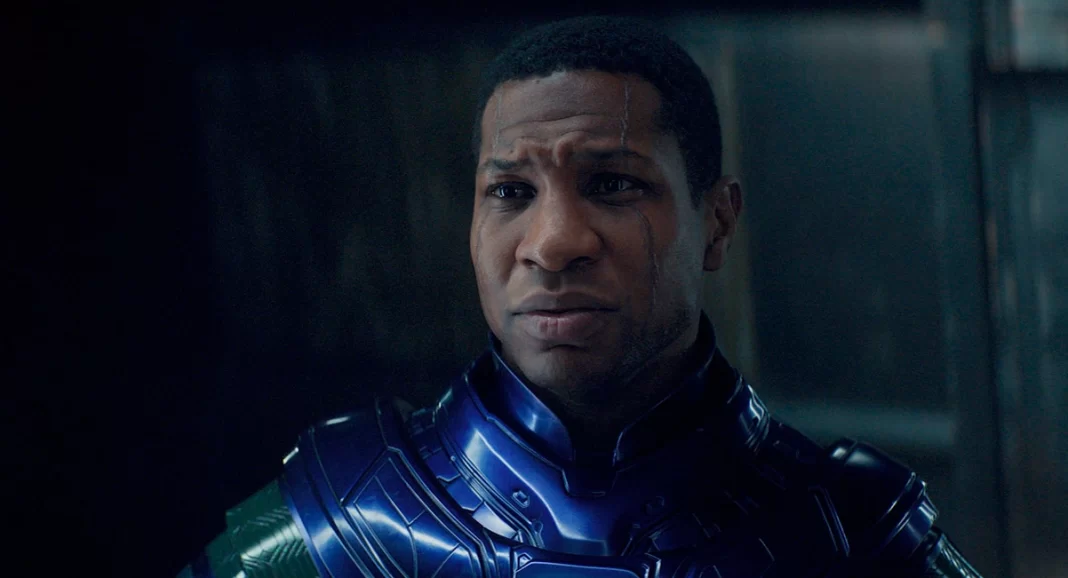
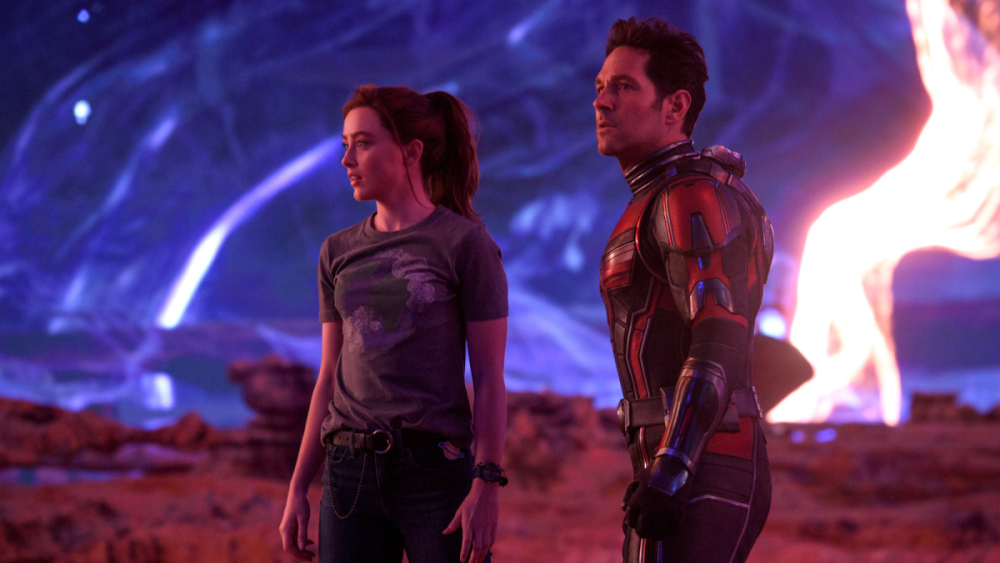
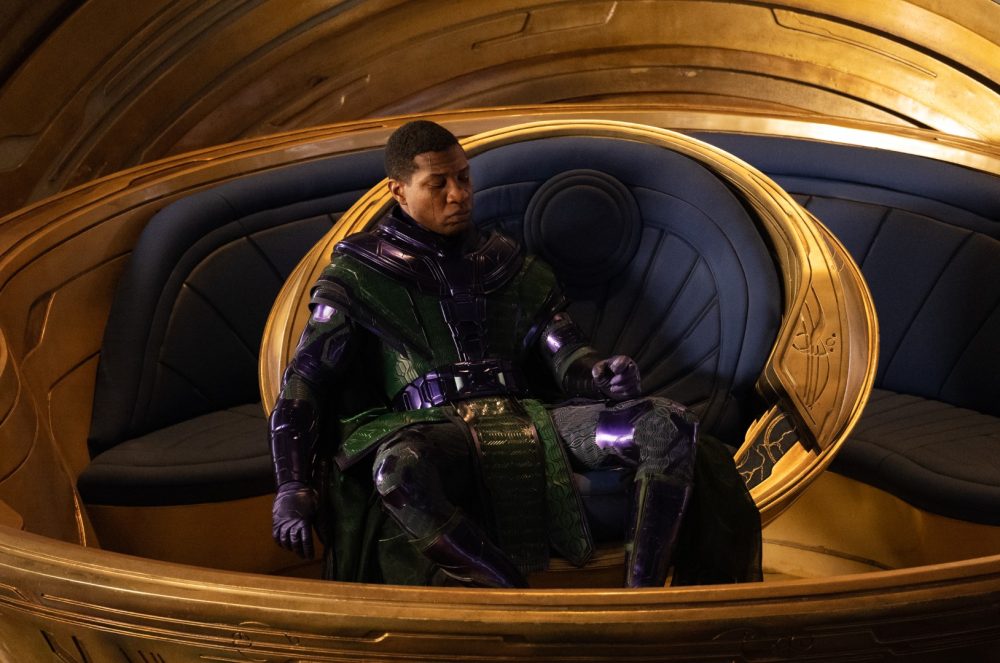
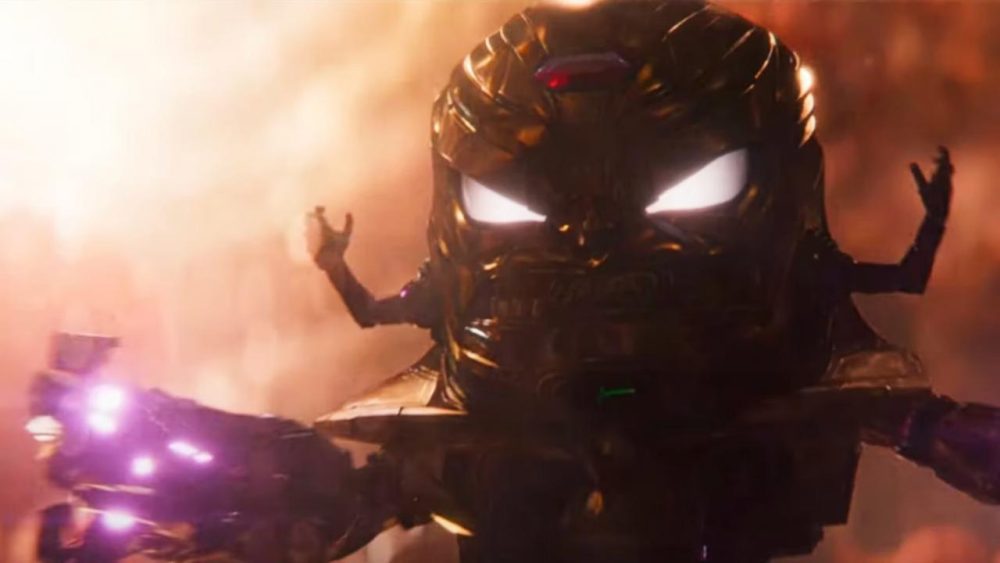
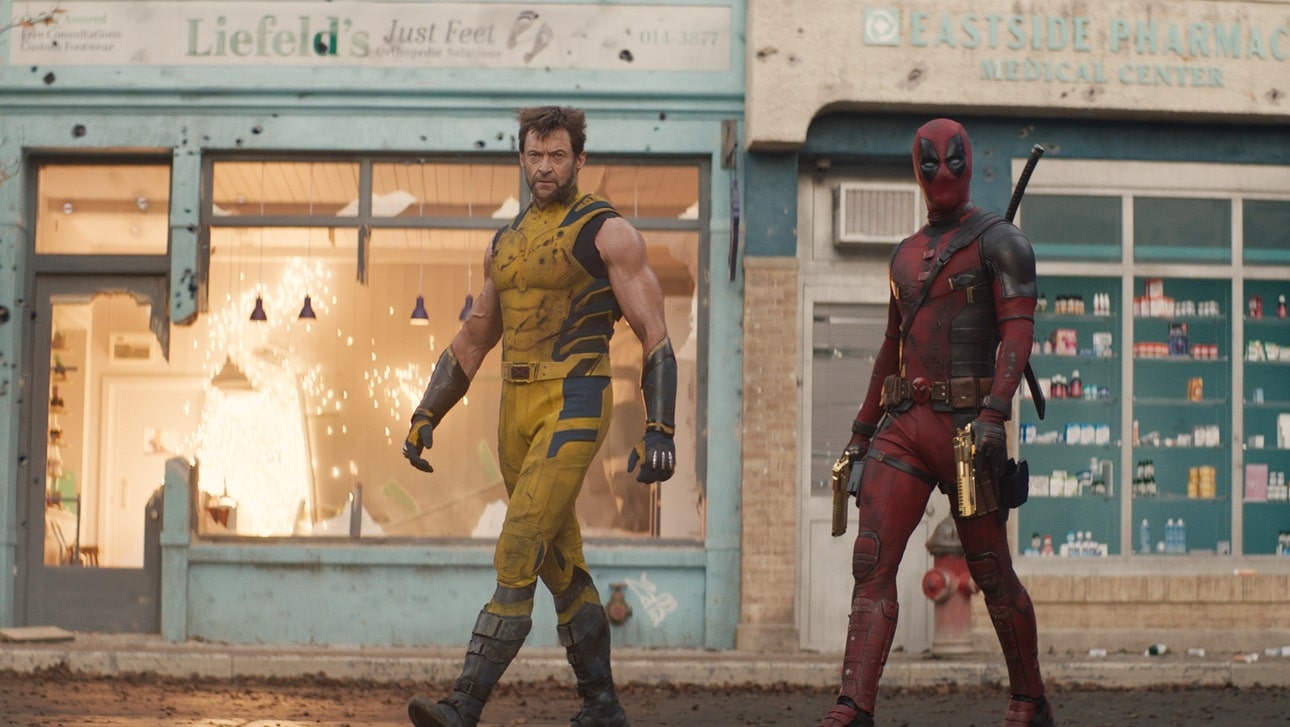
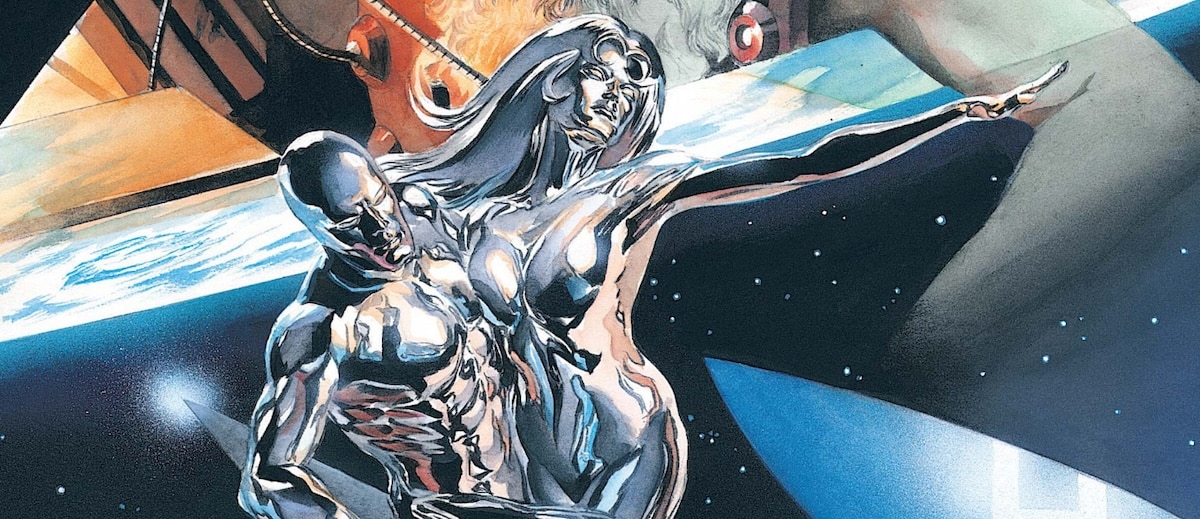




Sadly, a weaker effort for the MCU. I didn’t dislike the film, as I did The Eternals, but felt that Ant-Man was the wrong character for this sort of epic event. The success of the two previous films in the trilogy, IMO, is that they dealt with smaller (no pun) stories occurring for the most part on Earth. Kang would have been better off appearing with the Guardians, Thor, or Captain Marvel who have large adventures. It was almost like the entire film was a setup for the end-credit scene promoting an upcoming Marvel/Disney + series.
Comments are closed.